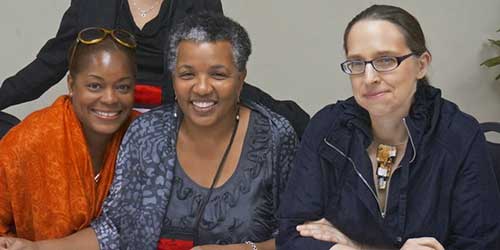What Are Digital Humanities?
Digital humanities is a field at the intersection of technology and the humanities, offering innovative ways to analyze and present data through tools like text mining, data visualization, and interactive digital archives. By integrating computational tools and methods, digital humanities opens new pathways for research, teaching, and storytelling.
Digital humanities transforms how we understand history, culture, and society by enabling scholars to ask new questions, engage wider audiences, and create collaborative solutions to pressing global challenges. visualization, and interactive digital archives. By integrating computational tools and methods, digital humanities opens new pathways for research, teaching, and storytelling.
How We Can Help
The Center serves as a dynamic hub for interdisciplinary collaboration, bringing together scholars, students, and experts from diverse fields to explore the potential of digital tools and methods in the humanities. We’re here to connect scholars with research resources, collaboration opportunities, tools, training, and funding to support them at every stage of their digital humanities journey, from ideation to project implementation.
Weekly AgendaReceive weekly notices about the center, or share your own content!
Digital Humanities Advancement Grants
Dangers and Opportunities of Technology: Perspectives from the Humanities
Institutes for Advanced Topics in the Digital Humanities
Social MediaSee what’s happening at the Center for the Humanities and the Public Sphere.



